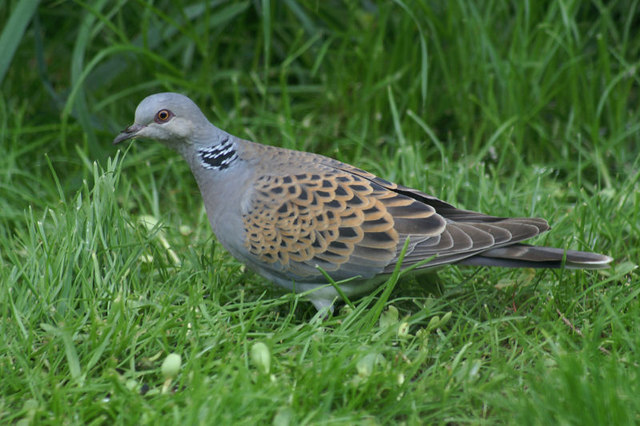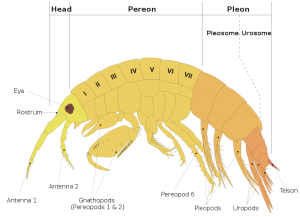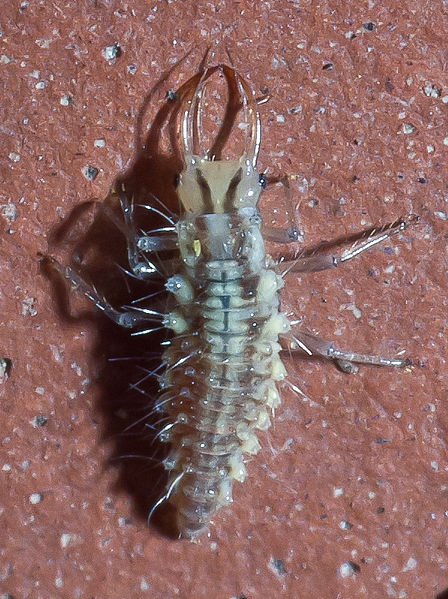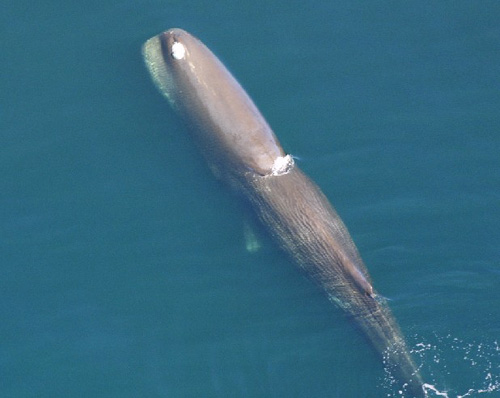If young people hope for a greener future, they must act now.
For every one person that takes a stand for a brighter future, however, it is safe to assume that there are ten that do not. People who do not, necessarily, care any less about the environment than their more vocal counterparts. But fail to act nevertheless. It is these people, in our day of ceaseless ecological ignorance, that we need more than ever.
 Image: http://kodework.com/blog/2016/04/22/earth-day-2016-if-you-want-to-live-on-this-planet-you-need-to-act-now/?lang=en
Image: http://kodework.com/blog/2016/04/22/earth-day-2016-if-you-want-to-live-on-this-planet-you-need-to-act-now/?lang=en Many people are quick to stereotype the new generation of young people. Branding them lazy, self-obsessed and simply disinterested in current affairs. And, by default, green issues.
The image of detached youths shut away in their rooms, absent care nor worry is, unfortunately, rife in Britain. And the misguided assumption that most young people are content to watch the world go by, detached from the wider issues plaguing our countryside sadly, still commonplace. As is the generalistic assumption that, besides the trail-blazing few, that most young people simply do not care about the environment. A false assumption, but one that prevails nonetheless, in our society. Despite that, in truth, more young people than ever before are now interested in green issues, and many aspire for a brighter future for both the environment and themselves.
From my experience, when asked, the vast majority of young people do care for the environment. For wildlife and, indeed, the future of the very planet on which we all live. At present, more young people than ever before are fighting for a greener future. By speaking out and drawing attention to important issues, or campaigning for just causes. A great deal of these now seek to educate, inspire and inform on green issues. And more still dedicate their time to enact their goals, whether through conservation work, campaigning or by other means. You just need to look at the plethora of dedicated, inspirational young people in the A Focus On Nature group to know that there is hope for the future. And to see that times are, mercifully, changing.
For every one person that takes a stand for a brighter future, however, it is safe to assume that there are ten that do not. People who do not, necessarily, care any less about the environment than their more vocal counterparts. But fail to act nevertheless. It is these people, in our day of ceaseless ecological ignorance, that we need more than ever. These people, the sleeping giants in conservation, ecology, policy and education, that could bring about the future many of them wish for. And these people who, in a day where wildlife finds itself besieged from all sides, who must now stand up and be counted. And while many, to no fault of their own, are unwilling to commit to a career in the turbulent environmental sector, each and all can make a difference. Below are a few thoughts of my own on how you can do just this.
Make yourself heard.
At present, it is easier than ever before to express an opinion and to project important information to a wider audience. Making yourself heard on environmental issues is vital, and at the very least can lead to increased curiosity that may just inspire others to look further into such issues. While, at the same time, it can also actively promote change. In both peoples outlooks, and their actions. Speak to friends, speak to family, and, if the mood takes you, utilise the phenomenon that is social media to inform the world about the causes you care about. Tweet it, Facebook it, Tumblr it, Instagram it. More people than every before are living an online existence, and the likelihood is, that in doing so, at least one person will take notice of you.
Write about it.
This links in with the former point, but for those interested enough to express their thoughts in words, there is a huge audience out there ready to take note of a well-written plea for action. The online realm is a great place to start and nature blogging is growing in popularity at present – with many people inspiring others through their encounters in nature or fanning the flames of action through motivational outpourings. Why not do the same? And remember to share your work far and wide on social media.
On the other hand, you could also proposition local newspapers to offer your views on topical issues, write to your MP to express concern on said issues, or, for those with a particular knack for literature, submit a piece to a popular magazine or mainstream newspaper. Written word has the power to inspire curiosity, intrigue, devotion and rage in equal measure, never forget that, as all can lead to change.
Utilise your talents
Think outside of the box! Many people are not overly confident in broadcasting their views, vocally or in words. Many people, however, do possess unique talents that could allow them to educate or inspire in their own, often quirky way. Can you paint or sketch? Create artwork with a message. Singers? Sing a song with meaning. Athletic? Run for charity, or to raise awareness of your chosen issue. Each person is wonderfully different, and each person is capable of enacting change in their own, unique way. Skydive, serenade or skinny dip, why not do it for a good cause.
Volunteer
Now this is an obvious one, and most people know that, should they wish it, that there are dozens of conservation charities out there ready to accept help. Do it! Build fences, eradicate invasive species, raise money, lead trips, dig ditches, fix footpaths, do whatever you can to contribute to your cause. And for those seeking something different, remember that not all volunteer work has to be physically demanding. Nor for a large NGO. Dedicate time to curate your local museum, utilise your social media and writing skills to contribute to the online presence of a club or group, or venture into schools to inform the next generation of young naturalists. Most people, organisations, schools, and charities, despite not advertising volunteer positions, will gladly accept help. Remember to ask and explain why.
Get into politics
Despite the record turnout, it is likely that if more young people voted in the recent EU referendum, that the disastrous decision to leave may not have come to fruition. That ship has sailed, sadly, but we can learn from it. And getting involved in politics is the perfect way to make a difference on the issues you care about. Read manifestos and join a party you believe in – not who you are told to believe in. Once you have done that, vote in leadership contests and later, local and general elections. Use your vote to make a difference. And, for those wishing to go beyond this, why not lobby your MP? Meet them, write to them, campaign for them. Every little piece of effort really does help.
Do not be afraid to question others
This step really links in with the four mentioned previously but is vital in itself. If you feel that someone has made a dreadful decision, or committed to a dubious course of action, do not be afraid to speak out. Question your MP on their policies, your friends on their views, or even conservation bodies on their choices. Questions raise answers, and answers can sometimes yield positive results. If they do not, and fail to set your worries to ease, then take to social media, write, campaign and get involved in politics. If only to inspire more questions, from others, that may force a different response.
Inspire a friend
This is a difficult one. Many young people will not necessarily possess friends favourably inclined towards the environment, I certainly didn’t until fairly recently. This does not mean they cannot be inspired. Change your planned catch-up to incorporate a more natural setting, and show them first-hand the joys of nature. Inform them of the wider implications of their choices, question their views and educate them. More importantly, ensure them that they, themselves, can make a difference. Start the process anew.
Join a community
Life can be a lonely affair for young people interested in nature, and there are many horror stories associated with this. Though it does not have to be this way. Now, more than ever, there are dozens of groups where you can meet like-minded individuals, to share your views, network and make friends. Join a community and get involved. There are some wonderful ones of there, that meet a host of needs and cover a vast array of interests. A Focus On Nature(again), that provides a hub for all nature lovers. Wilder – for those looking to campaign, and more niche groups such as Next Generation Birders, for those fond of avian pursuits. There are, of course, many more than this. All of which can be found during a brief search of the internet. Or, in the case of local groups, advertised in a whole manner of odd places. Keep your eyes peeled.
Act Now
Now, this is the biggy, and the culmination of all points mentioned previously. Whatever you choose to do, whether you take up writing for nature, uncover a spark for online campaigning, or a particular interest in politics, please act now. As I have said before, every little action can help. What does not help, is waiting for others to enact change on your behalf. If you care about something, and this does not apply solely to green issues, then shout about it. Raise a clamour, educate, inspire, or take up a placard. Action is always better than inaction, and whatever you do, however small, will contribute to a brighter future.





No comments yet.